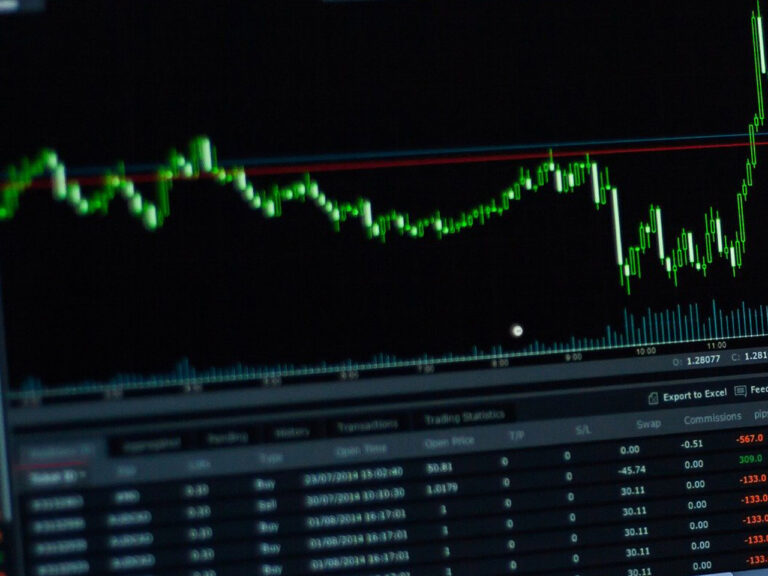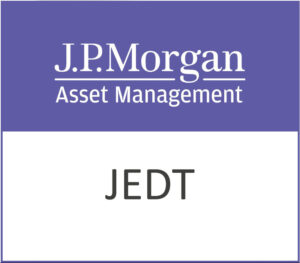Shell plc, a stalwart in the global energy sector, has long been synonymous with oil and gas operations. With a market capitalisation of $157.94 billion, it’s a heavyweight in the United Kingdom’s energy landscape. However, this behemoth isn’t resting on its laurels. As the world grapples with energy transitions, Shell is exploring avenues beyond traditional oil and gas, expanding into renewables and energy solutions across diverse geographies including Europe, Asia, and the Americas.
Currently trading at 2679.5 GBp, Shell’s stock is showing a slight dip of 0.01%, nestled within its 52-week range of 2,291.50 to 2,900.00. This stability may pique investor interest, especially when considering the stock’s potential upside of 13.74%, as suggested by the consensus of analyst target prices, averaging at 3,047.66 GBp.
Valuation metrics present a complex picture. The absence of trailing P/E, PEG ratio, and other conventional metrics might raise eyebrows, but the forward P/E of 745.59 indicates investors are pricing in significant future earnings growth. Despite a revenue contraction of 4.50%, Shell’s robust free cash flow of over £26.7 billion underscores its financial resilience and ability to navigate economic uncertainties.
When evaluating performance metrics, Shell’s return on equity stands at 7.57%, a testament to its ability to generate profit from shareholder investments. Meanwhile, an earnings per share (EPS) of 1.63 highlights its profitability, albeit with room for improvement.
Dividends remain a cornerstone for Shell’s appeal to investors seeking income. With a dividend yield of 3.94% and a payout ratio of 63.03%, Shell offers a compelling case for income-focused portfolios, balancing risk with the potential for steady returns.
Analyst sentiment leans positively, with 14 buy ratings and not a single sell recommendation, reflecting confidence in Shell’s strategic direction and market positioning. Technical indicators further bolster this sentiment; the stock is trading above both its 50-day and 200-day moving averages, suggesting upward momentum. An RSI of 53.42 indicates that the stock is neither overbought nor oversold, potentially appealing to those seeking stability in their investment choices.
Shell’s business model is a blend of traditional energy practices and progressive innovation. From natural gas and crude oil to renewables and petrochemicals, Shell’s expansive operations are designed to meet diverse energy demands. Its ventures into electric vehicle charging, hydrogen production, and carbon capture are clear signals of its commitment to a sustainable energy future.
For investors, Shell represents a multifaceted opportunity. It is a company at the crossroads of legacy operations and future-focused strategies, making it a compelling consideration for those looking to invest in the energy sector’s evolution. As Shell continues to adapt and innovate, its financial landscape will be one to watch closely, offering both challenges and opportunities for discerning investors.






































